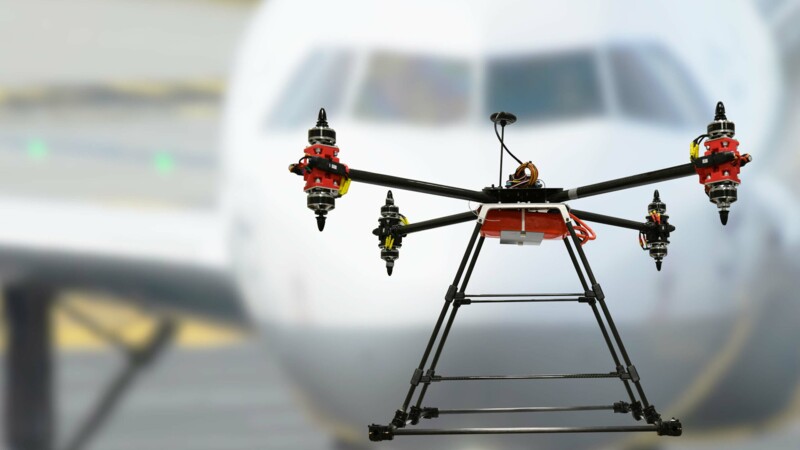"We accelerate the initiation of new projects, organise the innovation process and support our partners by making our resources available. These are primarily the expertise of our engineers and consultants as well as the infrastructures and laboratories," said Dr Matthias Bonk, Head of Innovation at ZAL. Launched in 2020 as part of the ZAL Innovation Service, the accelerator relies on ZAL's organisational structure to implement projects quickly and create concrete added value for the respective partners. Although the projects are highly diverse, health innovations for the aircraft cabin top the agenda in the wake of the pandemic.
Aviation is brimful of innovations and features anything from intelligent mirrors that help people wash their hands properly to robots for automated aircraft. The Center for Applied Aeronautics Research (ZAL) is always open to novel ideas and works on the development, integration and industrialisation of innovative aviation technology. The ZAL Innovation Accelerator helps fledgling entrepreneurs to realise their ideas right up to the prototype and beyond. The R&D platform in Hamburg-Finkenwerder is a public-private partnership whose stakeholders include movers and shakers in politics, business and academia and boost Hamburg as the world's third-largest centre of civil aviation.
Focus on health innovations in wake of pandemic

Smart manufacturing projects
"One of our teams developed a smart mirror that uses playful elements to boost proper hand washing. Sensors detect the position of the hands, which triggers artificial intelligence-based playful elements that encourage a person to wash their hands properly," said Bonk. Several smart manufacturing projects are also underway as building a passenger aircraft is highly complex and involves many manual assembly steps. High production rates mean that R&D is focused on relieving employees of repetitive tasks and giving them more complex jobs instead. Therefore, smart and safely automated production that adheres to strict approval criteria is crucial.
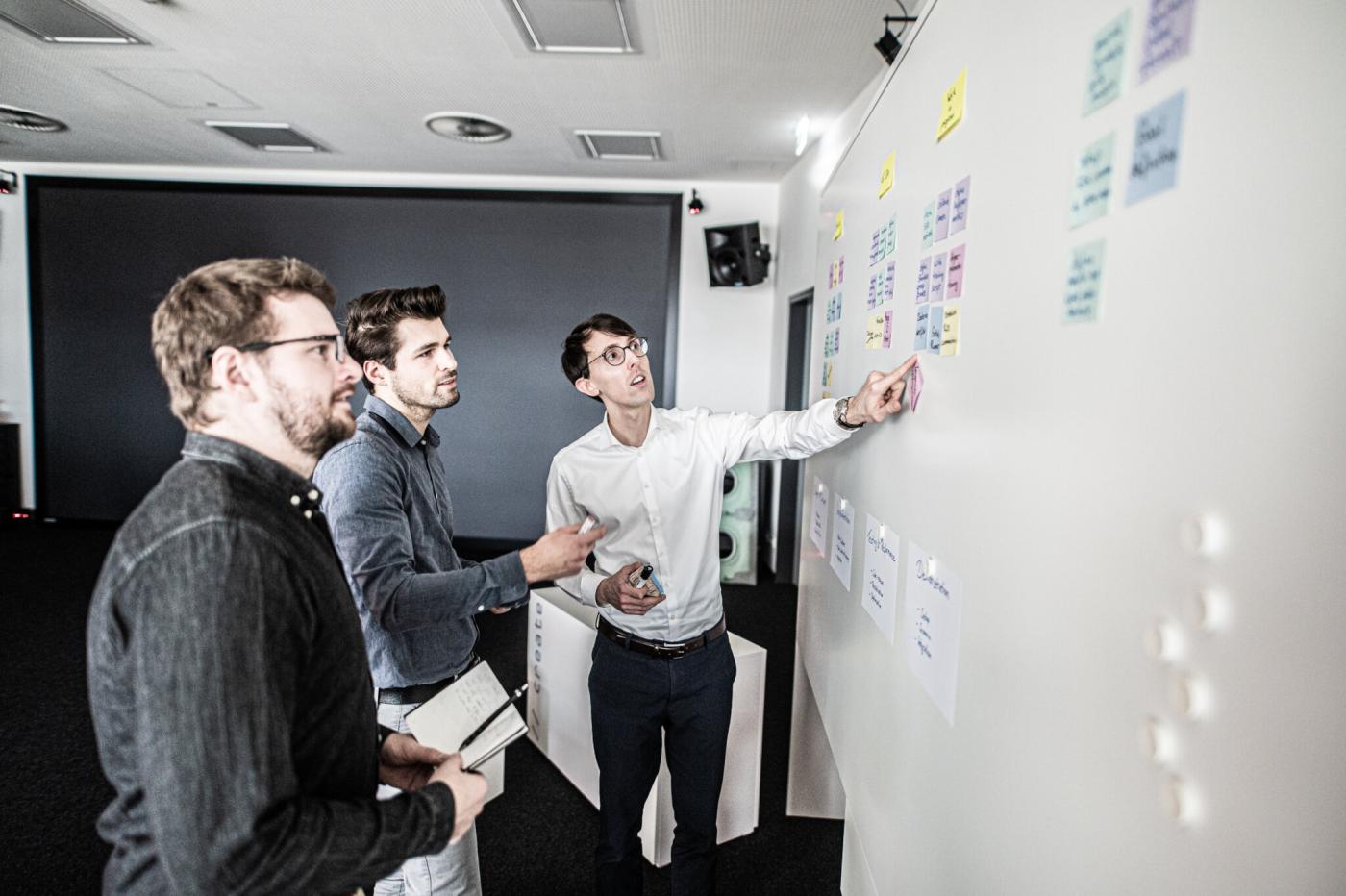
Quality gates for success
"The transport and assembly of aircraft parts, such as half-shells hold huge potential for innovation. Research is being done into automatically or even autonomously driving robots as well as AI-supported quality assurance," Bonk said. However, not every project makes it to market maturity. "In fact, not every good idea becomes an innovation. That's why examining the actual needs early is essential." The idea behind a project has to pass so-called quality gates. That involves examining the ideas generation, screening the market, analysing both rivals and the concept behind the project and estimating the initial resources right up to prototype construction. "We always look at the interim status and ask whether the idea works technically and economically and does it take account of political, social and legal requirements of the aviation industry," said Bonk.

Key trends in aviation
The projects selected for backing by ZAL reflect the latest, key trends in aviation. "Essentially, this includes sustainability. Our main focus there is on the use of hydrogen technology as well as the development of fuel cell drives." Innovations that help save weight are also in demand. "That includes the use of new materials that have to meet high vibro-acoustic requirements, especially in the cabin. Intelligent, digital solutions for aircraft cabins allow data lines to be combined, so that cable harnesses can make do with fewer cables." Advanced Air Mobility is of keen interest, Bonk stressed. "Disruptive technologies hold opportunities for the development, production and operation of new aircraft such as drones and air taxis."
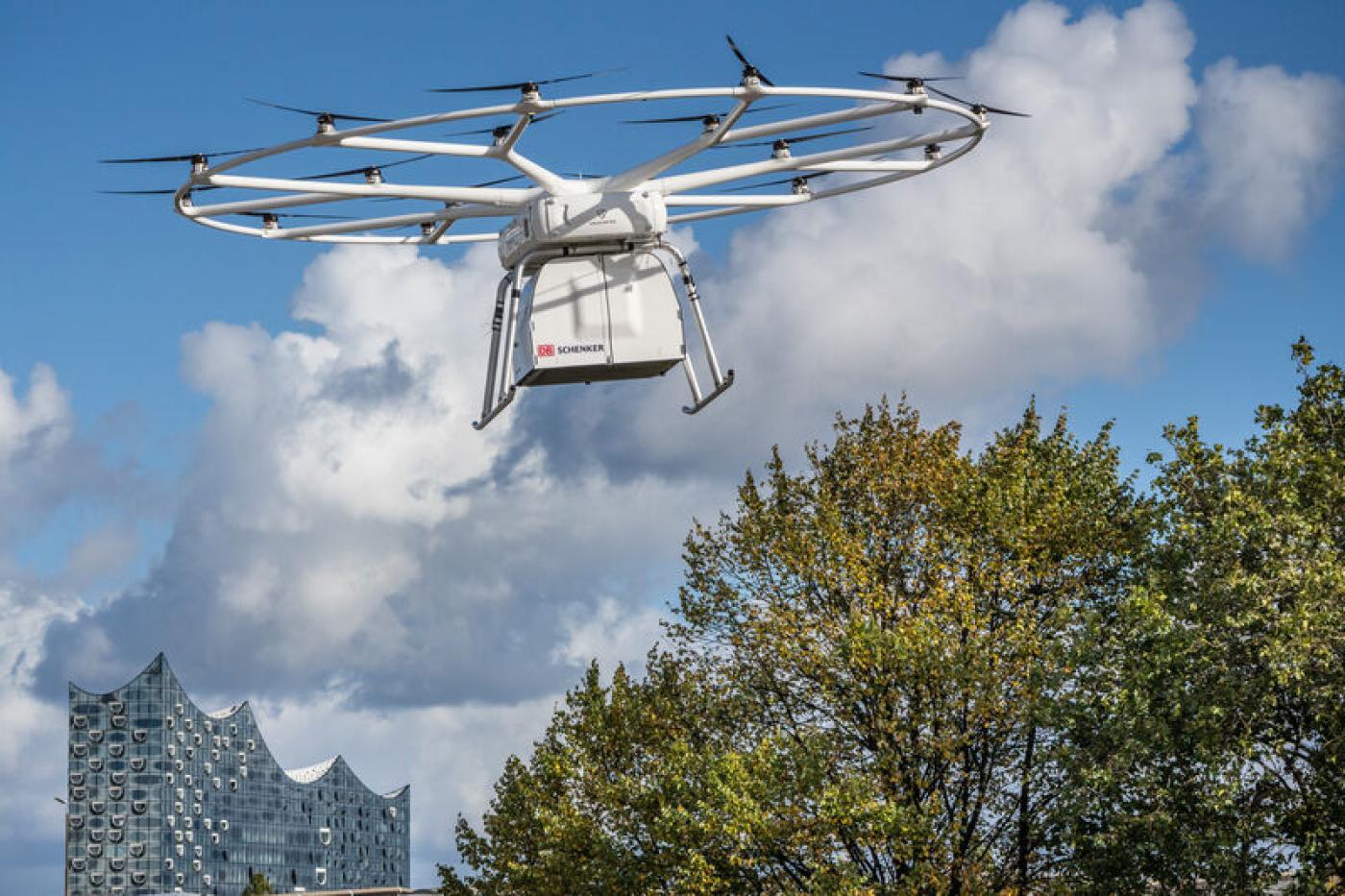
Expansion of ZAL
Plans are being laid to expand ZAL by 2024 and to advance the various thematic fields. A new ZAL building is already being planned for 2027. "The expansion is urgently needed because ZAL is working at full capacity and needs space to meet the high level of enquiries. We are pleased to provide space for two DLR institutes to grow." The expansion should also create a new ecosystem for business collaborations and start-ups, Bonk stressed. "We want to expand our platform by stimulating the initiation of new research partnerships. We will focus specifically on start-ups and SMEs. Basically, we want to enable large industrial partners to carry out new collaborative projects at ZAL by offering flexible and project-based working environments."
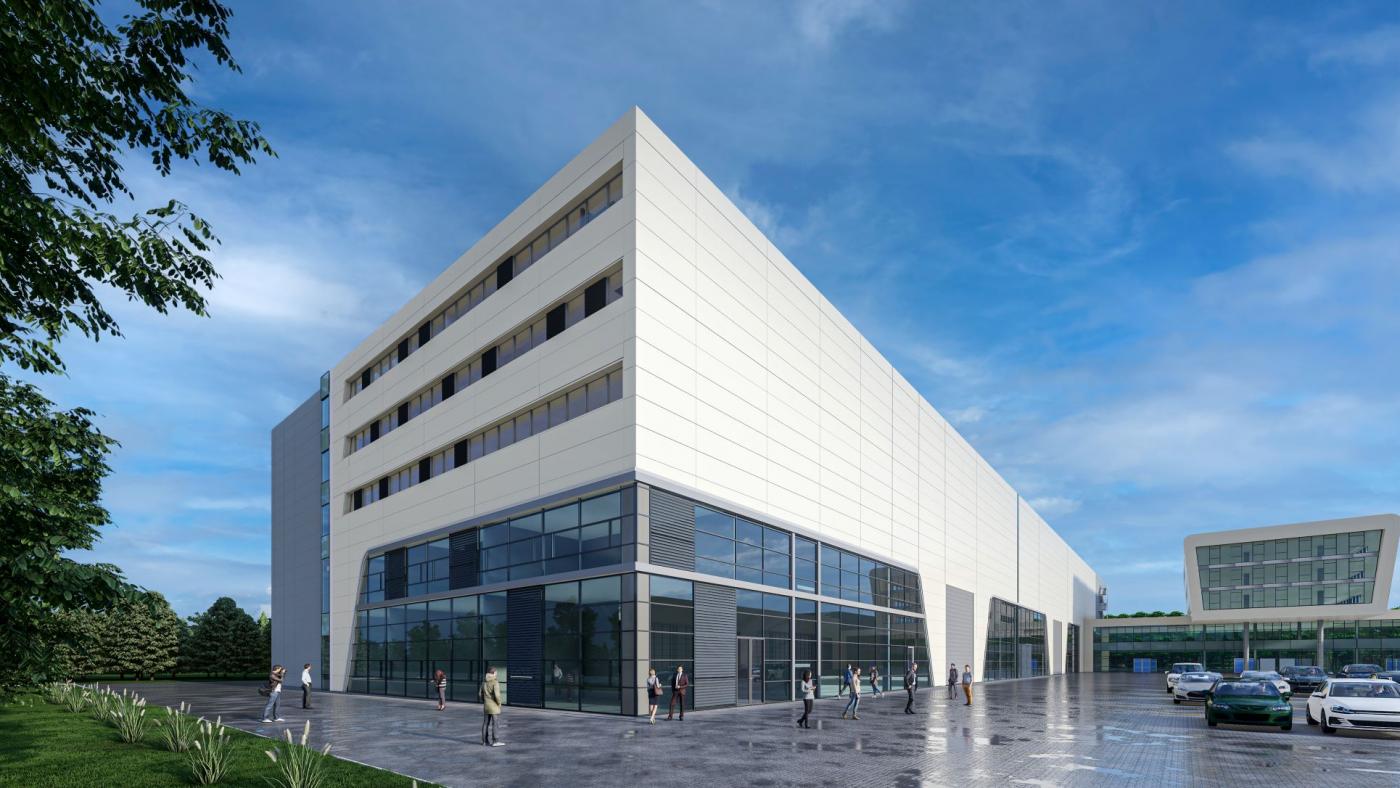
Bundling supportive offers
Hamburg already has a diverse start-up ecosystem with all kinds of support services. The Sustainable Aero Lab start-up scheme, for instance, works closely with ZAL and with Hamburg Innovation on knowledge and technology transfer. IFB Hamburg's Innovationsstarter or Startup Port is a joint project involving seven universities across the Hamburg Metropolitan Region. "We at ZAL want to bring together existing and established start-up schemes from business and academia to bundle skills, make them usable for aviation and our partners on site, and create an attractive environment for new companies to settle in," Bonk pointed out.
ys/pb
Other parts in SERIES on Idea Accelerators:
1) Start-ups now shaping media in Hamburg thanks to Media Lift
Sources and further information
More
Similar articles
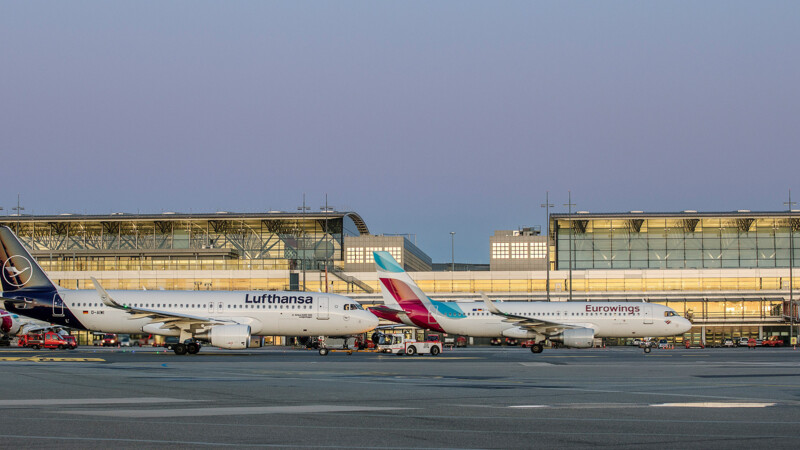
Roland Gerhards, CEO of ZAL, gives glimpse of aviation in future
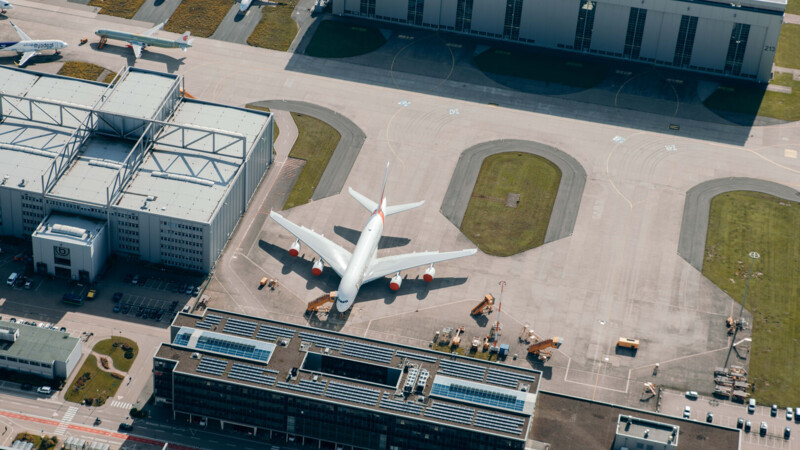
Green kerosene to be produced in Hamburg from 2026
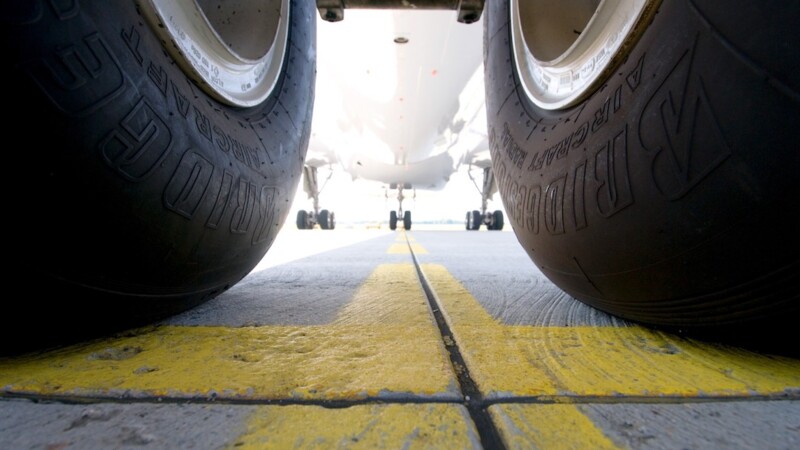
Aviation sector gearing up to fly with hydrogen
